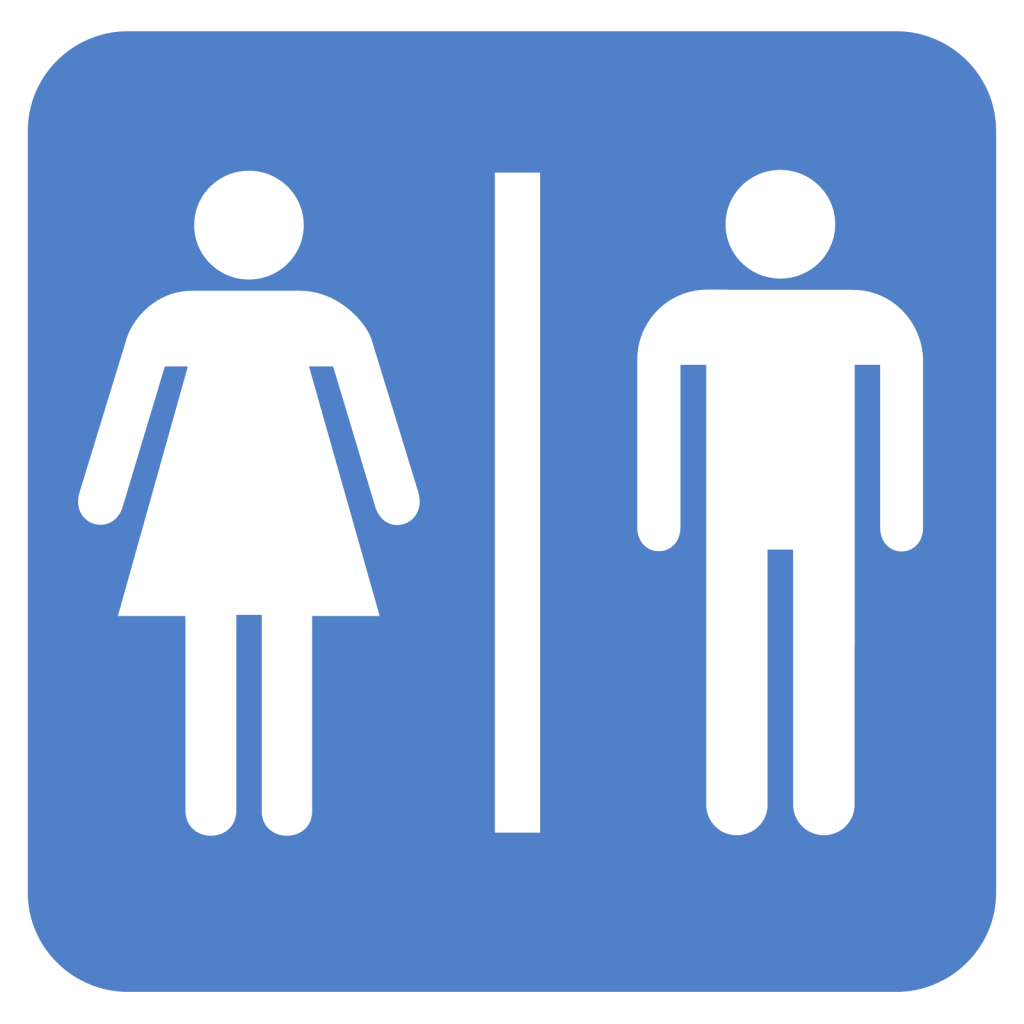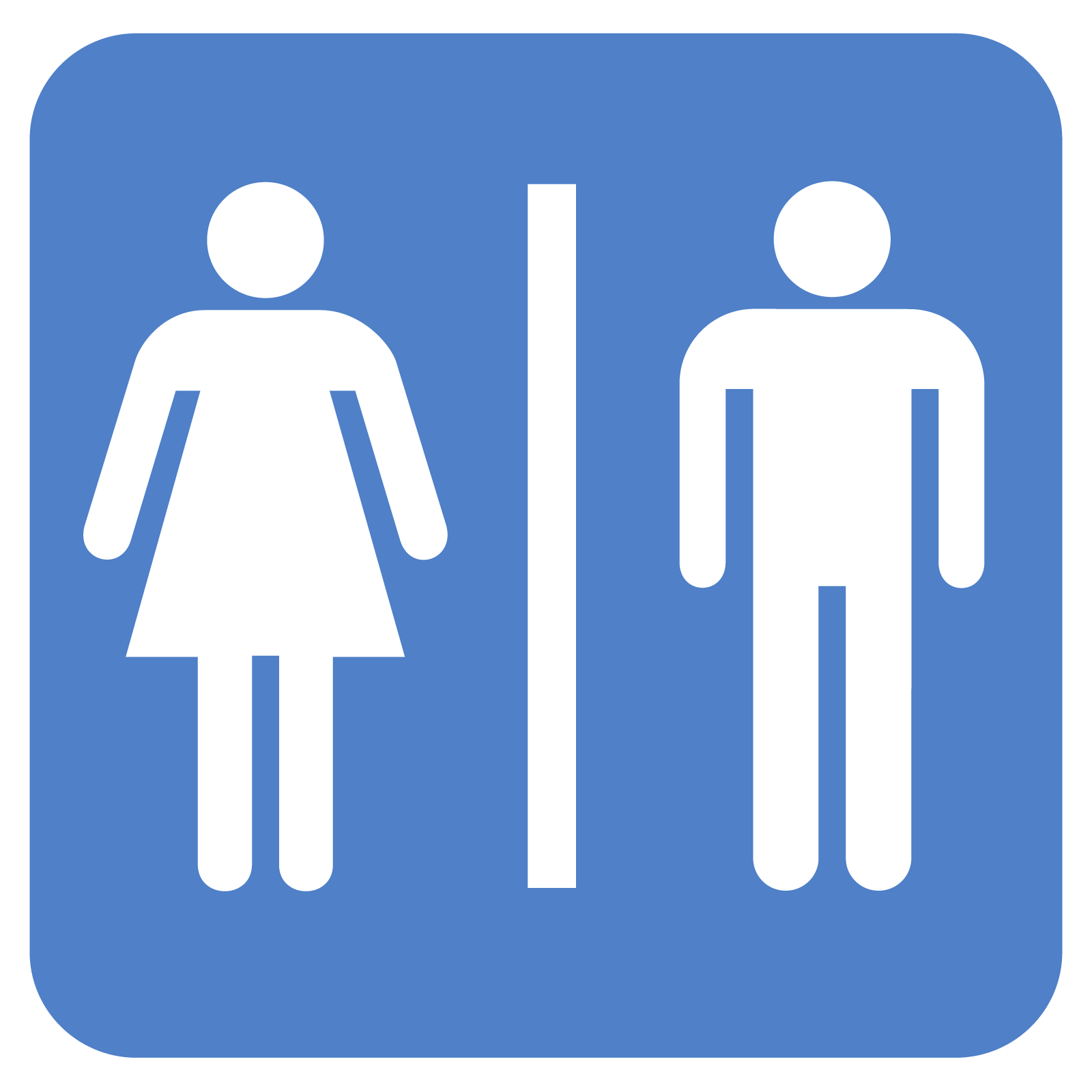
Opponents of AB 1266 are gearing up to repeal the state law regarding transgender students, — planned for implementation in Jan. 2014 — which will allow K-12 students to participate in athletic programs and use facilities such as locker rooms and restrooms of another gender. The law sparked both outrage and support throughout the nation, particularly from church organizations and parents with school-age children, who are concerned about the law’s impact on non-transgender students.
The main group spearheading the movement is the Privacy for all Students Coalition, which hopes to overturn the law. Many parents worry that the lack of guidelines may lead students to abuse the law. According to Gina Gleason, Privacy for Students member, her concerns lie with the safety issues that may result from the passed law.
“The problem,” she says, “is that (supporters of the bill are) trying to protect the transgender student, but any student will be able to use this law to gain access to (facilities of the opposite sex).” The law does not specify any requirement to determine if a student actually identifies with the opposite gender before using their facilities.
In response, Jesse Melgar of Equality California, a group sponsoring the law, said, “If someone abuses the law in the way our opponents are using as a scare tactic, that’s a behavioral issue, something that each school would handle accordingly. To assume that because there might be a few behavioral issues we should exclude an entire population, I think that’s a little misguided.”
Opponents of the law had from Sep. 6 to Nov. 6 of this year to gather 505,000 signatures, in order to place a referendum on the November 2014 ballot and delay the implementation of the law. They exceeded the minimum required signatures and obtained a total of 620,000 by November.
But, according to USA Today, the total signatures from California’s 58 counties must still be checked for accuracy; random signatures will be selected from each county, in order to determine that they are valid within each county.
Gleason, however, isn’t worried. “I’m positive that we will be successful,” she says. “I think that people that collected signatures did a good job … they did their best to make sure people signed the petition correctly. I think that we’re in a very good position.”
In the meantime, groups like Equality California are working to make sure the law stays. “This (law) is our top priority this year and we’re going to do everything we can. At the end of the day what the (law) does is ensure that transgender students have the opportunities every other student has,” says Melgar.
Back in August, the UC Academic Student Workers Union released an online petition to rally support for gender-neutral bathrooms throughout the 10 UC campuses. The petition reads, “All people have the right to be respected and affirmed in their gender identities and expressions. Nobody should experience disability- or gender-related harassment when using the restroom, a basic health need.”
In reaction to the recent news, fifth-year psychology major John Santa said he understood why people might have an issue with the new law, especially in regard to middle school and high school students.
“Sharing facilities probably wouldn’t be a big deal for younger students, but once students are older, it becomes more complicated for everyone involved,” said Santa. “Maybe a better solution would be having single occupancy unisex restrooms for the students uncomfortable using the facilities of a certain gender.”
With the passage of the state law regarding transgender students, California voters will ultimately decide whether or not to repeal AB 1266 come Nov. 2014.








